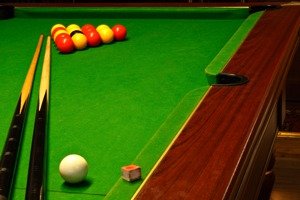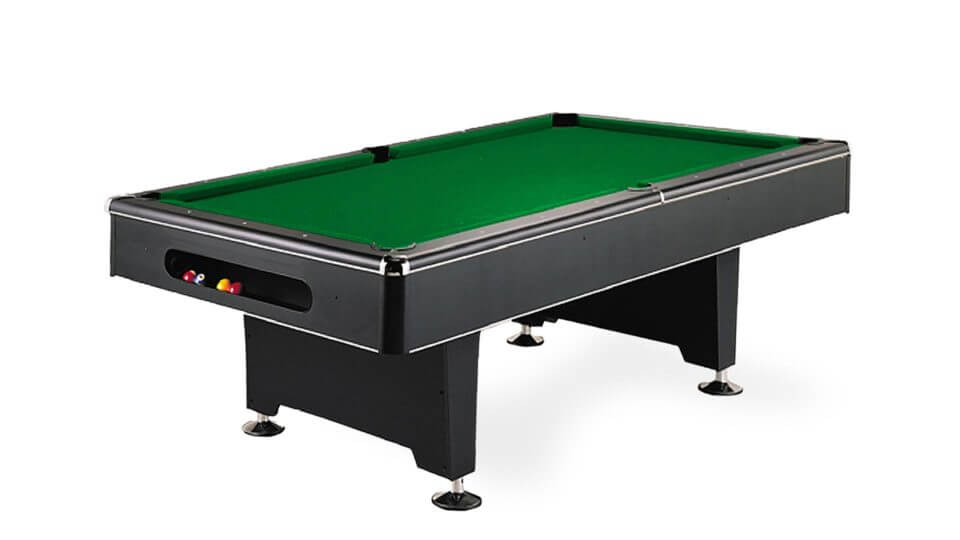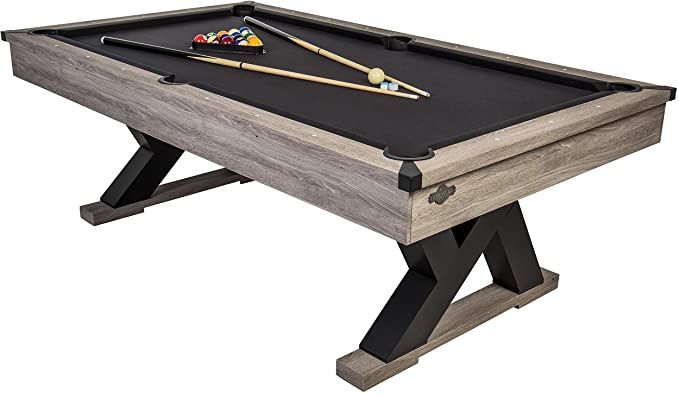
There are many materials used in making pool balls. There are three types of materials: plastic, wood and phenolic resins. Each material comes with its own set of advantages and drawbacks. Despite the variety of options, phenolic-resin pool balls are generally the most durable.
The phenolic resin balls are durable and strong, but they are also scratch-resistant. These balls are generally more expensive but they are well worth the extra cost. They are also well-known for their unique feature: their high density surface.
Phenolic Resin (also known as phenolic resin) is a durable and extremely strong substance that has been used across many industries. It is made of phenol and formaldehyde. The mixture is then molded under extreme stress to create the ball. The material is highly resistant to high temperatures and has high bonding powers. Additionally, phenolic resin's molecular structure is more resistant to chipping. Phosphoric resin pool balls last up to five to six years longer than polyester balls.

Also, plastic compounds are considered durable and non-flammable. But they also have their flaws. They tend to lose their shine faster than phenolic resin ball. A disadvantage to them is their potential for leaving burn marks on the surface of your table.
Plastics were in their infancy in the 19th century. Leo Baekeland in America discovered a new chemical, which can be molded to create plastic-like substances. Bakelite was the name of the new chemical and it was used to make billiard balls. This new material was popularized as a standard for billiards.
The material was more popular in the United States as wealthy Americans were able to afford it. It was still costly, but the material had more durability than wood. The material began replacing wood in the production billiard balls by the 1920s.
Most professional pool balls today are made of plastic and phenolic chemicals. This material is more durable than ivory or wood. It's also slightly more expensive, but it's a great investment for anyone who plays often.

You can learn how to billiards by purchasing a set professional pool balls. To ensure that your game is safe, you can also purchase an accessory kit for your pool table. This includes additional pool balls and other equipment.
An alternative is to buy synthetic materials such a polyurethane and acrylic. These materials are more affordable, but they have some drawbacks. While they don't lose their shine as quickly as phenolic resin balls, they are not as durable and can deteriorate as quickly. They aren't as resistant to scratching as phenolic.
However, if your budget doesn't allow you to purchase a set, you can still look for polyester balls. Polyester balls may be cheaper but they aren’t as durable. Some of them may even break. When purchasing polyester balls, make sure they are from reputable brands.